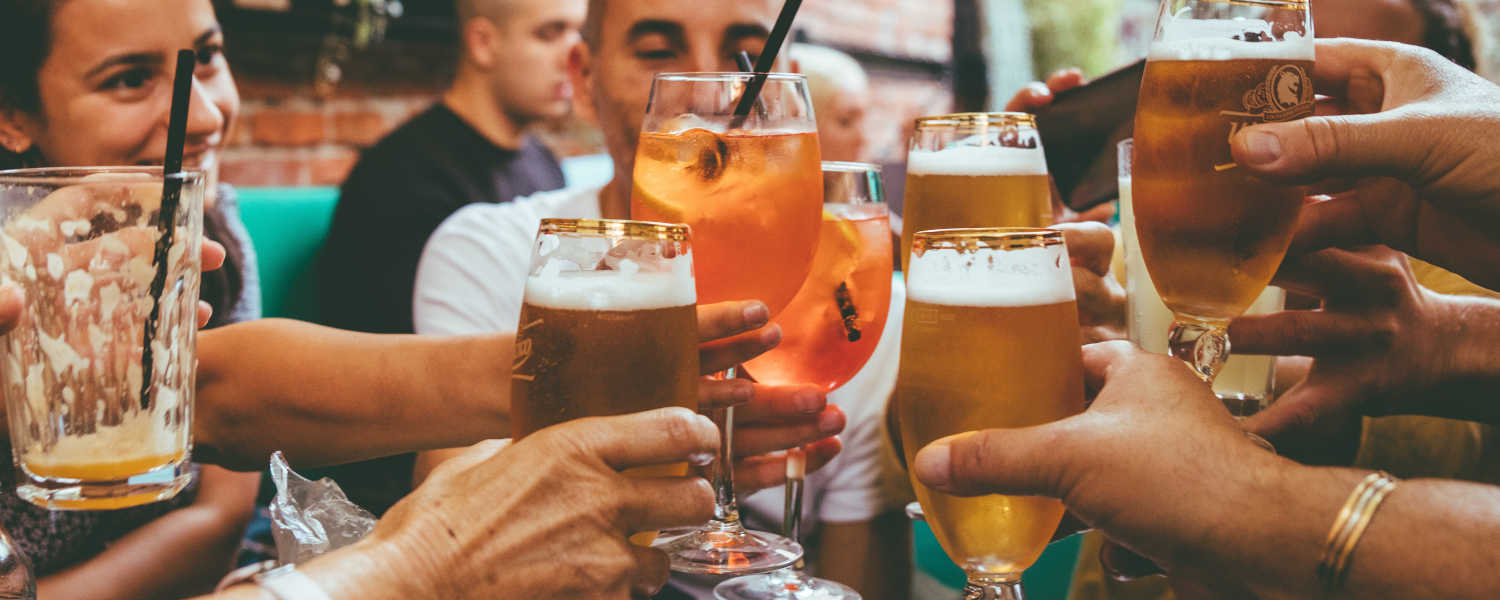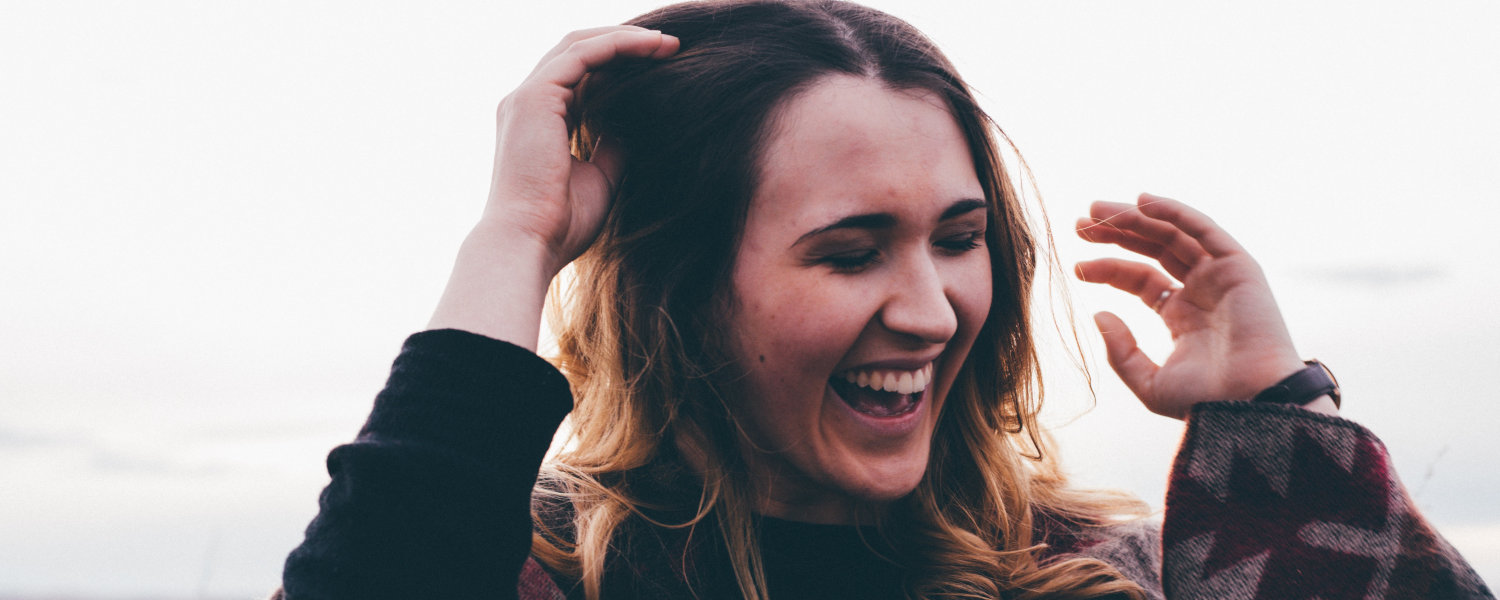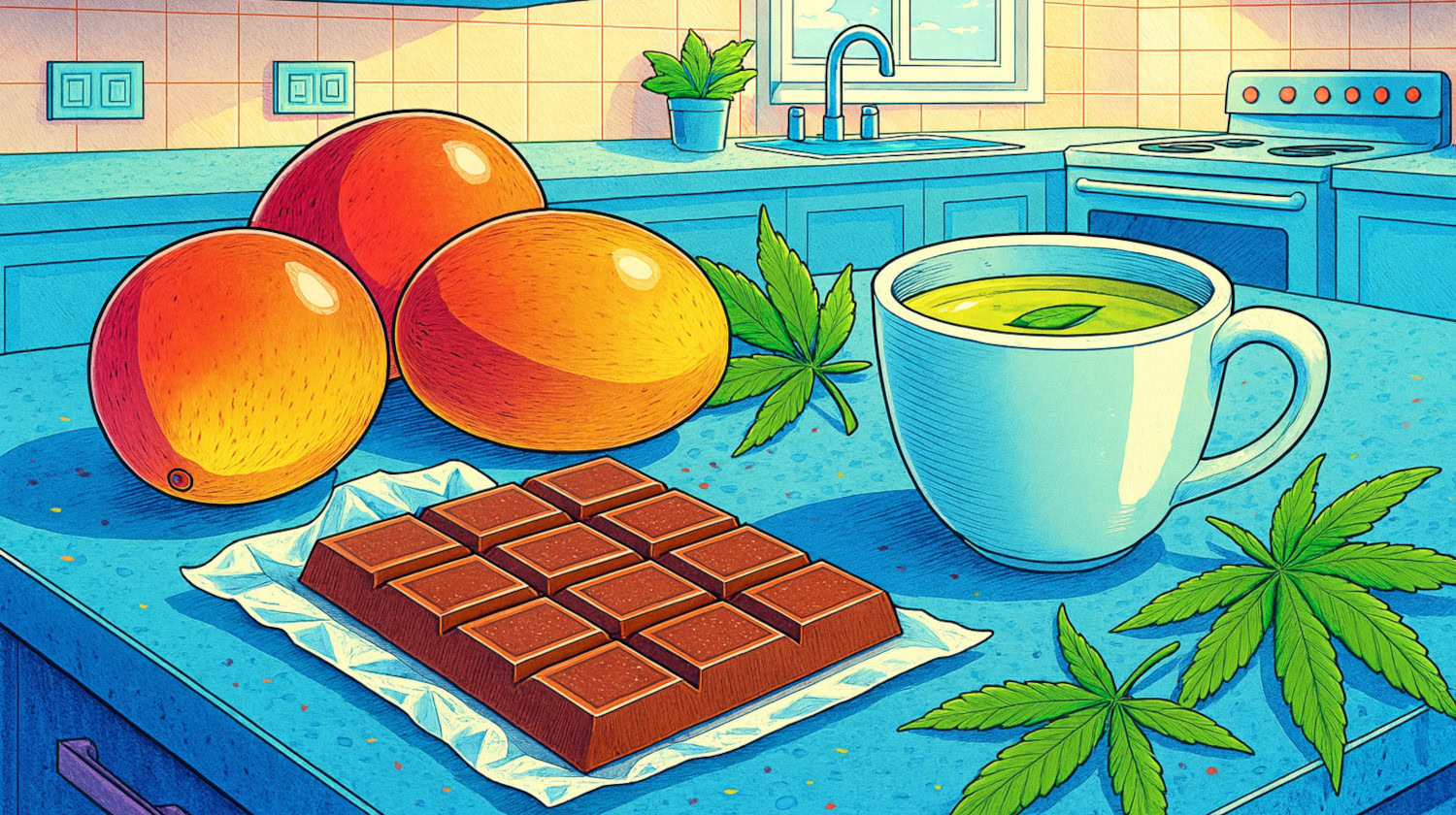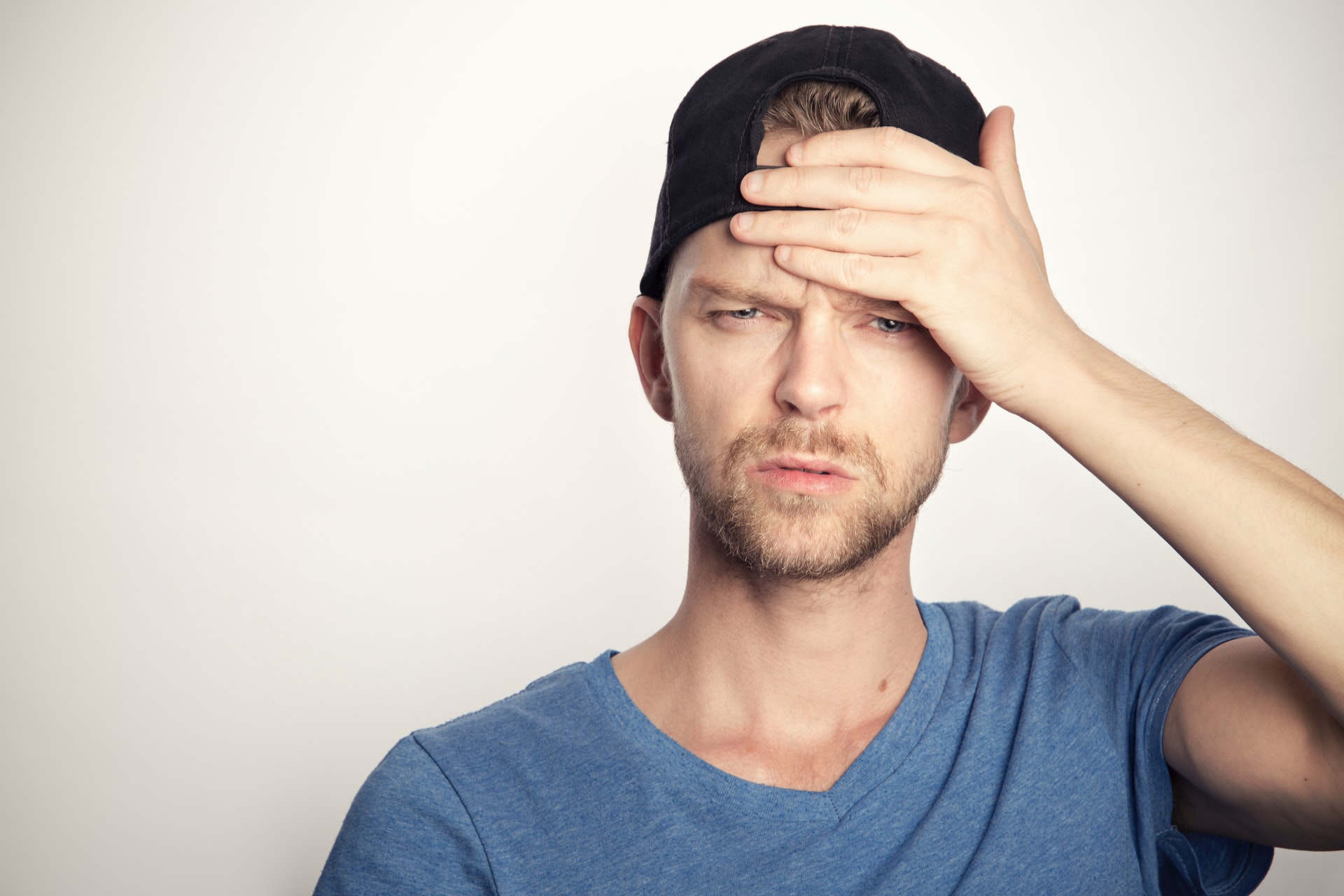In This Article
- What is Alcohol?
- Weed and Alcohol: What Happens When You Combine Them?
- Can You Combine CBD and Alcohol?
- Cross-Faded: When You Are Drunk and High at the Same Time
- How to Enjoy Alcohol and Cannabis Responsibly
- THC-Infused Alcoholic Drinks
- Is a weed hangover the same as an alcohol hangover?
- Is it legal to combine alcohol and weed?
- What is the legal alcohol limit?
- Is there a limit to how much alcohol and weed I can take together?
- Are there any conditions where it's not advised to combine both?
- References
Alcohol has long been a staple of social gatherings and celebrations, with millions of people consuming it regularly. In fact, according to the 2019 National Survey on Drug Use and Health, over 85% of adults aged 18 or older reported having consumed alcohol in their lifetime.
However, as more and more states continue to legalize cannabis, combining these two substances has become more common. And many consumers are unaware of the potential risks of mixing the two.
Despite its popularity and social ubiquity, drinking alcohol comes at a cost. An NIH study found that "Among the entire population 18 and older, 1.6 million people were hospitalized for overdoses in 2008, at a cost of $15.5 billion, and half of these hospitalizations involved alcohol overdoses." Not only that, businesses lose an estimated $249 billion per year because of alcohol use, according to the Centers for Disease Control and Prevention. And it's not just financial costs either; alcohol-related impaired driving leads to more than 10,000 deaths yearly, or one person every 39 minutes, according to the National Highway Traffic Safety Administration.
Meanwhile, as of 2026, medical cannabis is legal in 40 states, while recreational use is legal in 24 states. But while beer and weed may seem like a match made in heaven, combining the two can lead to unpredictable effects, including increased impairment and heightened risks of dangerous behavior.
But it's not all doom and gloom! As the cannabis industry continues to grow, there has been a rise in the popularity of infused beverages, which offer a unique and potentially safer way to consume both weed and alcohol (or CBD and alcohol). From sparkling cannabis-infused waters to cannabis-infused beers, these products provide an alternative to traditional means of getting drunk or high that may be more familiar to those looking to try both substances together.
What is Alcohol?
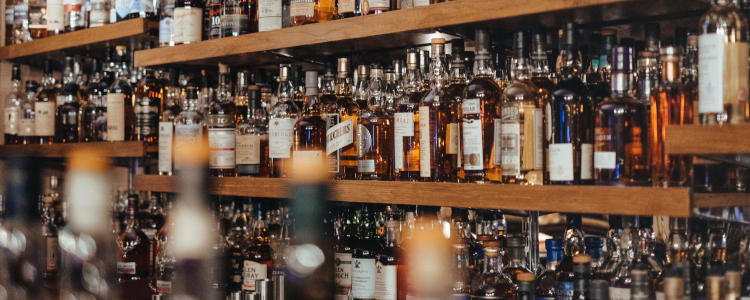
Alcohol is one of the most widely consumed substances worldwide, with millions of people drinking it daily. Chemically, alcohol is a broad term referring to a class of organic compounds containing a hydroxyl (-OH) functional group. The most common type of alcohol found in alcoholic beverages is ethanol, which is produced through the fermentation of sugars and starches found in various crops, such as grapes, grains, and potatoes.
There are countless alcoholic beverages available to consumers today, including beer, wine, spirits, and hard liquor. Beer is made by fermenting grains such as barley, wheat, or rye, while wine is made by fermenting grapes. Spirits and hard liquor are distilled from fermented mixtures of grains, fruits, or vegetables, resulting in higher alcohol concentrations.
Alcohol can affect the human body in a variety of ways. Low to moderate doses can produce feelings of relaxation and euphoria, lower inhibitions, and make social situations more enjoyable (hence the term "liquid confidence"). However, higher doses can lead to impaired judgment, motor control, and coordination, increasing the risk of accidents and injuries.
The short-term effects of alcohol can include impaired cognitive function, slowed reaction times, and altered mood. Long-term effects can include liver damage, brain damage, high blood pressure, and an increased risk of certain cancers. Additionally, alcohol can lead to addiction, which can subsequently devastate a person's health and well-being.
Unfortunately, the misuse of alcohol is associated with a range of adverse outcomes, including motor vehicle accidents, workplace accidents, and other types of injuries. For example, in 2021, 13,384 people died in alcohol-impaired driving traffic accidents— a 14% increase from 2020, according to the National Highway Traffic Safety Administration.
Weed and Alcohol: What Happens When You Combine Them?
Combining cannabis and alcohol can have unpredictable effects on the human body, and the interaction between the two substances can vary depending on the type of alcoholic beverage consumed and an individual's physiology. This is because both alcohol and THC, the active intoxicating compound in cannabis, are two different kinds of substances. Still, this is a pretty common combination that people try in an attempt to enhance the effects of both substances.
Alcohol is a depressant, meaning it reduces (or depresses) activity in the central nervous system. Cannabis, on the other hand, can be classified as both a depressant and a stimulant. As such, mixing weed and alcohol can produce both synergistic and antagonistic effects.
When it comes to beer, wine, and hard liquor, each can produce different results when mixed with cannabis. This is primarily due to the varying levels of alcohol in each.
Beer, for example, typically contains a lower percentage of alcohol, or ABV, making it less likely to result in severe impairment when consumed alongside cannabis. In a 2021 study conducted on college students who were consuming both cannabis and alcohol, researchers found that combining beer with only one cannabis product (leaf or concentrate) was consistently associated with lower odds of adverse consequences.1 However, the effects of combining beer and cannabis may still lead to higher levels of intoxication and cognitive impairment compared to using either substance alone.
Conversely, wine can produce more potent effects than beer when consumed with cannabis due to its higher alcohol content. For context, many people consider beer and wine to be relatively equivalent drinks. If a couple is out on a dinner date, for example, one person orders a beer and the other a glass of wine, no one will bat an eye. Even so, wine typically has a higher ABV than most beers. So, a single glass of wine alongside a joint will produce stronger effects than a can of beer. This can increase the risk of adverse outcomes, such as impaired judgment, slowed reaction times, and decreased motor control.
Hard liquor, with its concentrated alcohol content, can have particularly potent effects when combined with cannabis. This combo can lead to the most severe impairment and the highest risk of accidents and injuries. Therefore, you should be especially cautious about combining liquor and weed.
Beyond the effects in the present moment, the long-term consequences of combining cannabis and alcohol include an increased risk of dependence on either or both substances. For instance, a 2017 study found that "The co-use of alcohol and cannabis is associated with additive performance impairment effects, higher and more frequent consumption levels, increased social and behavioral consequences such as driving while impaired, and greater likelihood of experiencing comorbid substance use and mental health disorders."2
Not only that but combining the two substances may lead to long-term cognitive impairment (though the evidence for this is limited and based on only a handful of studies).3
Can You Combine CBD and Alcohol?

While research into the effects of CBD and alcohol is still in its infancy, limited studies have begun to shed light on the possible outcomes of combining these substances.
One study suggests that CBD, acting as an agonist of the 5-HT1A receptors (brain receptors involved with mood and anxiety), may have the potential to actually reduce and weaken the effects of alcohol consumption while also providing some protection from some of the detrimental impacts of alcohol, such as liver and brain damage.
However, this same study claimed that the timing and dosage of CBD play a significant role in these potentially beneficial effects. For instance, when CBD was administered before alcohol intake, it demonstrated protective effects against hepatic injury and oxidative stress.4
When CBD and alcohol are consumed simultaneously, there might be an increased risk of experiencing intensified sedative effects, leading to heightened drowsiness. While it may not necessarily feel as intense as the phenomenon of "crossfading" (the simultaneous use of alcohol and cannabis resulting in a combined effect), the intake of CBD and alcohol could heighten sedation and impair motor and psychomotor performances.
Consumers should also be conscientious of the potential risks of combining CBD and alcohol with other medications, particularly those that also impact brain activity or liver function. Mixing CBD and alcohol with certain medications used for anxiety, stress, or sleep disorders could further exacerbate sedation and drowsiness (on top of the increased effect posed by CBD and alcohol in itself), posing an increased risk of accidents or injuries.
Cross-Faded: When You Are Drunk and High at the Same Time
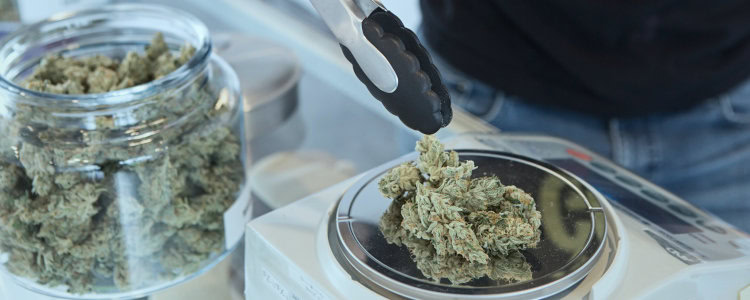
Cross-fading is a term used to describe the simultaneous use of alcohol and cannabis. Specifically, when a person is both drunk and high at the same time, they’re “cross-faded." This is because the combination of weed and alcohol produces a unique experience more pronounced than consuming either on its own.
The feeling of being cross-faded can vary widely from person to person, with some describing a sense of euphoria and heightened effects. Others, however, may feel dizzy, nauseous, or too intoxicated.
Regardless, some standard symptoms of cross-fading include:
- impaired cognitive function,
- slowed reaction times,
- decreased motor control,
- and altered perception.
Despite how common it is, cross-fading can also be dangerous. The effects of combining alcohol and cannabis can lead to a higher risk of accidents and injuries, as well as increase the likelihood of adverse outcomes, such as vomiting, panic attacks, and paranoia. In other words, it makes it a lot easier to start "greening out" (feeling light-headed or nauseous after getting too intoxicated too quickly.
Additionally, a more recent concern has arisen for people combining cannabis and alcohol. In one study, researchers found that combining cannabis and alcohol actually increased the risk of more severe cases of COVID-19, especially when it comes to lung inflammation.4
How to Enjoy Alcohol and Cannabis Responsibly
Alcohol and cannabis can potentially be enjoyed together responsibly. But, of course, that’s the keyword: responsibly.
So, how can you combine the two as safely as possible?
Well, first off, keep in mind that using both substances together can produce unique effects on the human body, and it's vital to use them in moderation and with caution.
Starting low and going slow is important in avoiding any adverse effects of mixing weed and alcohol. This means starting with small amounts of both substances and gradually increasing the dosage as needed. It's also necessary to be aware of safe consumption levels for each substance and avoid exceeding them.
Estimating intoxication can be challenging when combining alcohol and cannabis, but several tips and tricks can help. These include monitoring the number of drinks consumed, pacing consumption over time, and using tools like breathalyzers or blood tests to measure alcohol levels.
To sum up, here are some dos and don'ts for enjoying alcohol and cannabis responsibly:
Do:
- Start with small amounts of both substances and gradually increase as needed.
- Be aware of safe levels of consumption and avoid exceeding them.
- Monitor your own intoxication levels and stop using either substance if you begin to feel uncomfortable or unsafe.
- Drink plenty of water to stay hydrated.
- Plan ahead and avoid driving or operating heavy machinery while under the influence.
Don't:
- Mix alcohol and cannabis with other drugs or medications.
- Exceed recommended dosage levels or consume large amounts of either substance.
- Use alcohol or cannabis if you have a history of substance abuse or dependence.
- Use alcohol or cannabis if you are pregnant or breastfeeding.
- Pressure others to use either substance if they do not want to.
THC-Infused Alcoholic Drinks
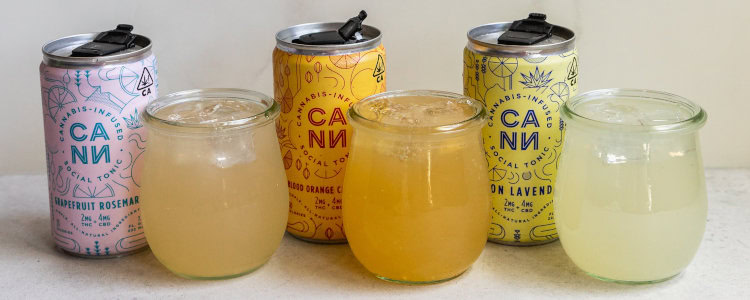
The cannabis market is constantly evolving, but as of 2023, THC-infused alcoholic beverages are still hard to find in most markets. That may change in the future, but for now, there are a growing number of THC-infused beverages without alcohol.
THC-infused beverages present a fantastic opportunity for cannabis consumers who would like an experience similar to drinking alcohol (but without any actual alcohol being involved).
Drinking alcohol is ingrained in so many social situations, but most methods of cannabis consumption don’t work well as a replacement. Cannabis beverages, though, present a real alternative to alcoholic beverages that can fit into many of the same social settings.
Below are some of the more popular cannabis-infused beverages available now:
- Godspeak’s Watermelon Punch
- Pabst Blue Ribbon’s Lemon Seltzer
- Find Wunder’s Watermelon Basil Sessions
- Keef’s Original Cola
- Tonik’s Pomegranate Lemonade
Is a weed hangover the same as an alcohol hangover?
No, the symptoms of a cannabis hangover may resemble that of an alcohol hangover, but they are not quite the same. Symptoms of a cannabis hangover may include headache, fatigue, dry mouth, and brain fog. However, the severity and duration of these symptoms are generally less intense and shorter-lived than those of an alcohol hangover. Not only that, alcohol hangovers may involve other, more severe symptoms, such as vomiting or stomach aches.
Is it legal to combine alcohol and weed?
So long as both substances are legal to possess and consume in your jurisdiction, they are legal to combine. However, the legality of both alcohol and cannabis varies by state and country. While there are little to no restrictions on the possession of alcohol, the same cannot be said of cannabis in some parts of the country. While many states have legalized both recreational and medicinal marijuana, some have not. Possession of cannabis in such jurisdictions still carries hefty legal penalties. Therefore, it is important to research and understand the laws and regulations in your area before consuming alcohol and weed together.
What is the legal alcohol limit?
The legal alcohol limit varies by country and state. In the United States, the legal blood alcohol content (BAC) limit for driving is 0.08% in nearly every state. It is never advised to operate a vehicle or machinery while under the influence of either alcohol or cannabis.
Is there a limit to how much alcohol and weed I can take together?
There is no specific limit to how much alcohol and weed can be consumed together, as it varies depending on factors such as individual tolerance and the concentration of each substance. However, regardless of your experience level, starting low and going slow is recommended. Combining alcohol and cannabis can increase both substances' potency and subjective effects, so take your time, exercise caution, and always consume responsibly.
Are there any conditions where it's not advised to combine both?
It is not advised to combine alcohol and cannabis if you have a history of substance abuse or are currently taking medication that can interact with either substance. Additionally, combining the two can increase the risk of potentially harmful or distressing side effects, such as dizziness, nausea, and impaired judgment.
Patients with certain medical conditions, such as liver disease or mental health disorders, should also exercise caution when consuming both substances. It is always recommended to consult with a healthcare provider before consuming alcohol and cannabis together.
References
1. Stevens AK, Aston ER, Gunn RL, et al. Does the Combination Matter? Examining the Influence of Alcohol and Cannabis Product Combinations on Simultaneous Use and Consequences in Daily Life. Alcoholism: Clinical and Experimental Research. 2021;45(1):181-193. doi:https://doi.org/10.1111/acer.14494
2. Yurasek AM, Aston ER, Metrik J. Co-use of Alcohol and Cannabis: A Review. Current Addiction Reports. 2017;4(2):184-193. doi:https://doi.org/10.1007/s40429-017-0149-8
3. Ramaekers JG, Theunissen EL, de Brouwer M, Toennes SW, Moeller MR, Kauert G. Tolerance and cross-tolerance to neurocognitive effects of THC and alcohol in heavy cannabis users. Psychopharmacology. 2010;214(2):391-401. doi:https://doi.org/10.1007/s00213-010-2042-1
4. Balachandran P, Elsohly M, Hill KP. Cannabidiol Interactions with Medications, Illicit Substances, and Alcohol: a Comprehensive Review. Journal of General Internal Medicine. 2021;36(7). doi:https://doi.org/10.1007/s11606-020-06504-8
5. Sivaraman V, Richey MM, Nasir ABM. Alcohol, Cannabis and Crossfading: Concerns for COVID-19 Disease Severity. Biology. 2021;10(8):779. doi:https://doi.org/10.3390/biology10080779
The information in this article and any included images or charts are for educational purposes only. This information is neither a substitute for, nor does it replace, professional legal advice or medical advice, diagnosis, or treatment. If you have any concerns or questions about laws, regulations, or your health, you should always consult with an attorney, physician or other licensed professional.

